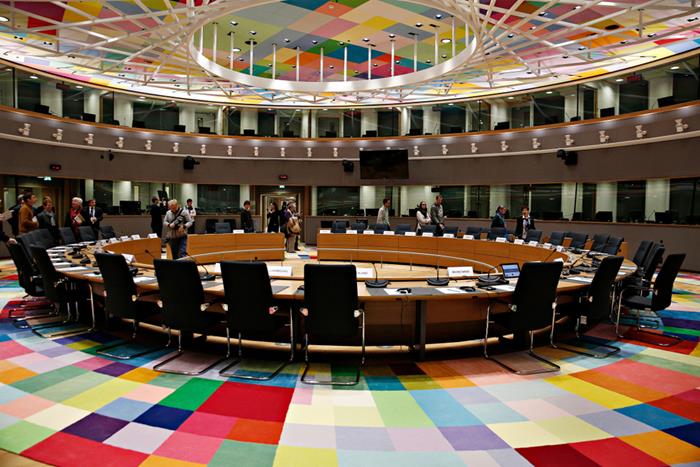A knife-edge vote on a key new tenet of European corporate governance was delayed on Friday, amid mounting concerns that it might fail to receive support.
The law would require companies to complete checks in their supply chains for abuses of human rights and the environment.
There had been growing fears that opinion could be turning against the law—known as the Corporate Sustainability Due Diligence Directive (CSDDD)—after Germany signalled it could no longer support the legislation.
The shock news from Berlin was quickly followed by last-minute calls from campaigners and NGOs for legislators to back the new measures.
Reuters reports that the European Council delayed the vote after it become clear it would struggle to gain the required support. Under qualified majority voting, a new law needs votes representing 65% of the European population to move forward to a final vote in the European Parliament.
Steve Trent, chief executive of the not-for-profit Environmental Justice Foundation, told Reuters: “Protection for consumers, human rights and a sustainable planet for future generations are at stake.”
News sources have cited an EU “diplomat” saying the vote may be brought back for a vote this Wednesday.
Increased liabilities
Germany’s FDP party is reportedly the source of concerns, with growing worries about the level of civil liabilities companies—in particularly small and medium enterprises—could face if they fall foul of the law. There is also a general concern about “excessive bureaucracy”.
The CSDDD has been controversial since its inception with campaigners frequently pushing for stiffer measures, while business groups have consistently expressed concern about the cost and scope of implementation.
The CSDDD mandates companies to define and act on due diligence policies, which address any “adverse impacts” on the environment and human rights in their supply chains.
Boards must integrate the due diligence policies into strategy; identify and mitigate “adverse impacts”; engage with stakeholders; and monitor due diligence policies.
The rules apply from 2027 to companies with 1,000 employees or more and a worldwide turnover of €300m (£256m).
CSDDD forms part of a major effort to make EU businesses more sustainable. Other legislative moves include new disclosure requirements set out in the Corporate Sustainability Reporting Directive (CSRD), a law that sets out non-financial reporting responsibilities and expands on previous duties.
Proxy advisers, such as ISS (Institutional Shareholder Services), consider the laws a positive development.
“Shareholders are receiving many additional tools that can be used to better understand company practices in these areas and in holding the company and its management accountable,” ISS said in a recent report.





